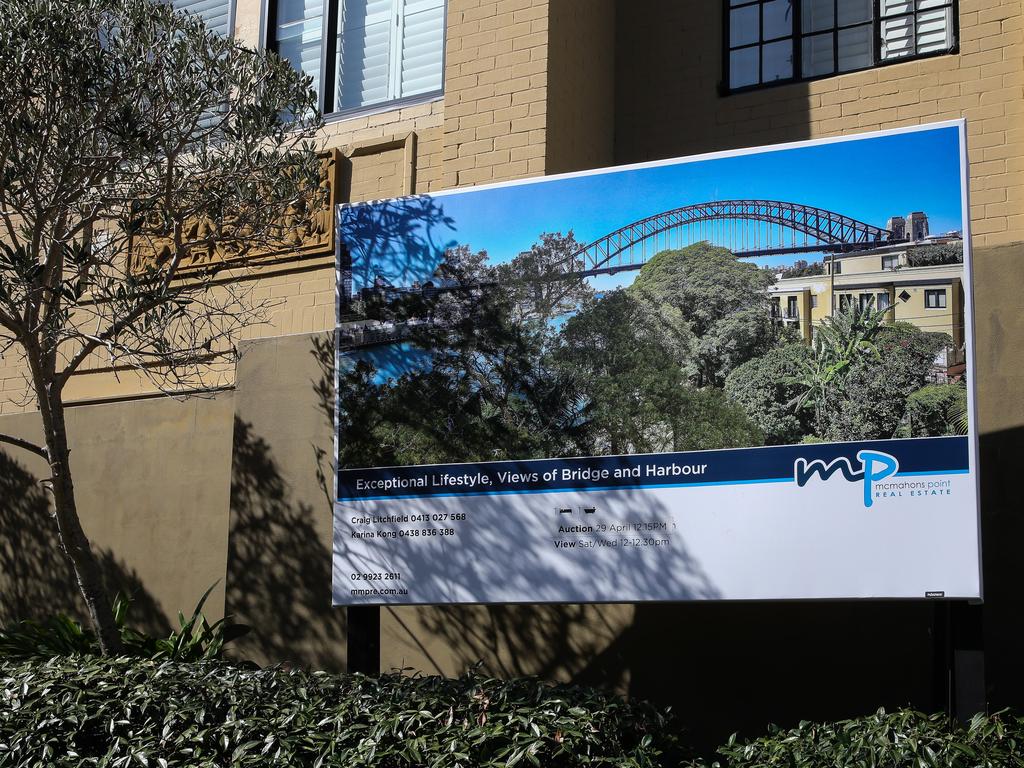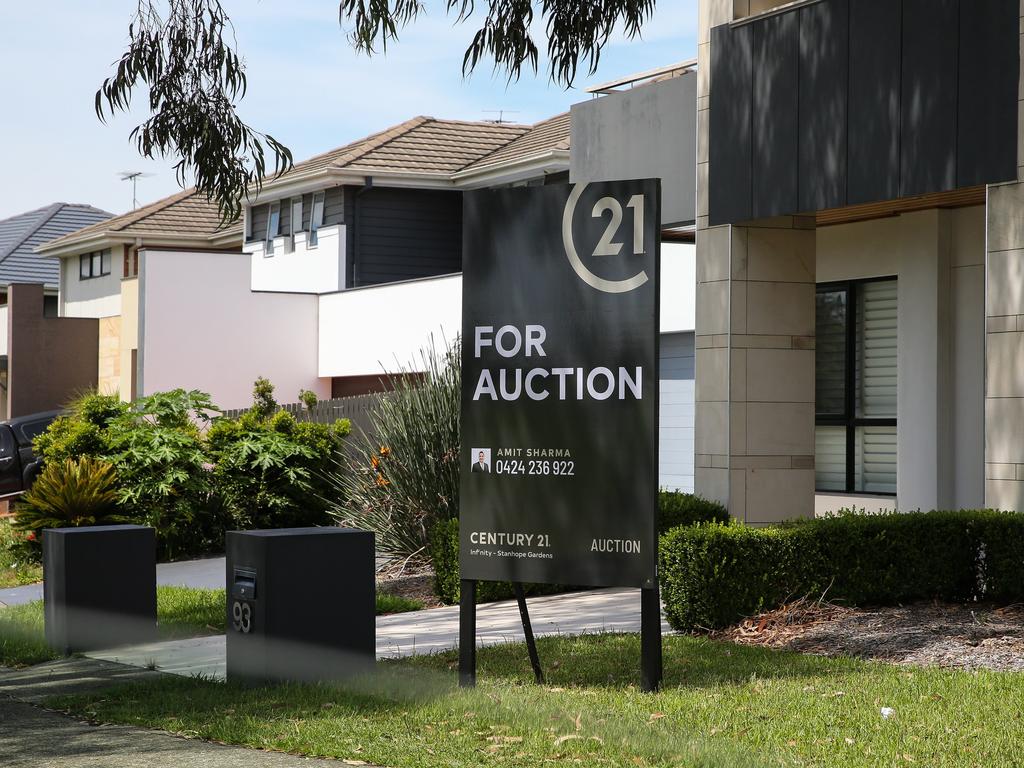Real estate investment: FY23 tax breaks all property investors should be claiming
The government has given real estate a generous array of deductions that can reduce your tax burden and make it easier to own an investment property. Here’s how.

Rental property deductions are one of the three key focus areas for the Australian Taxation Office (ATO) for the 2023 financial year (FY23).
The ATO will be scrutinising the tax returns of property investors more so than ever this year, so it’s important to check you’re doing everything right.
The ATO says its review of past tax returns shows nine out of 10 property investors are getting things wrong. Alarmingly, this is despite 87 per cent of investors seeking help from a registered tax agent.

The government has given real estate a generous array of tax deductions that can reduce your tax burden and make it easier to own an investment property.
To maximise the return from your property, you must claim all your tax deductions.
Many property investors short-change themselves by claiming less back from the taxman than they are entitled to. This is especially true with depreciation, which can save you thousands of dollars in tax per year.
Data released by the ATO last month shows just over 2.245 million Australians owned an investment property in FY21. More than 70 per cent of those investors owned just one property.
If you’re a property investor, we want to help you get everything right on your tax return this year.

Here is a handy list of tips from the ATO regarding the expenses you can claim on your investment.
Expenses you can claim immediately:
• advertising for tenants
• body corporate fees and charges
• council rates
• water charges
• land tax
• cleaning
• gardening and lawn mowing
• pest control
• insurance (building, contents, public liability, loss of rent)
• interest expenses (Remember, no deductions for principal payments!)
• property agent’s fees and commission
• repairs and maintenance
• legal expenses.

Expenses that have to be claimed over several years:
• Borrowing expenses for an investment property loan
• Capital works, such as improvements (e.g., bathroom renovations or a new deck)
• The decline in value of depreciating assets costing more than $300, over their effective useful life as determined by the ATO (e.g., carpet, curtains, a dryer).
If you own a holiday home and rent it out for only part of the year, you have to apportion your expenses accordingly. There is a special section on the ATO website to help you work this out.
Negative gearing
The new tax data I mentioned earlier for FY21 showed that for the first time since 1999-2000, Australian investors made a collective profit of $3.2 billion on net rent.

This means more investors were positively geared (i.e., their rental income exceeded their interest and other expenses) than negatively geared.
Of course, this was the result of record low interest rates. We are now returning to the long-term average of 7 per cent to 7.5 per cent mortgage rates, so there will be a return to negative gearing for many investors.
This is the price investors pay while their property grows in value over time.
Finally, make sure you keep good records, and keep all your receipts for at least five years.
For more information, you can view the ATO’s 2023 Rental Properties guide.
* John McGrath is the founder, Managing Director and Chief Executive Officer of McGrath Estate Agents
More Coverage
Originally published as Real estate investment: FY23 tax breaks all property investors should be claiming




